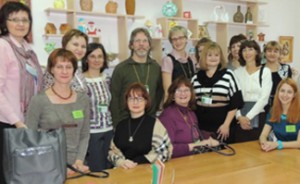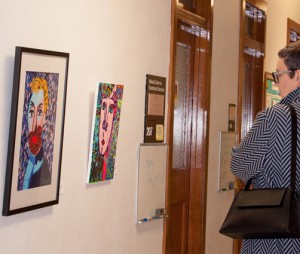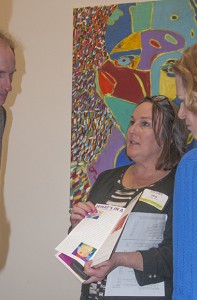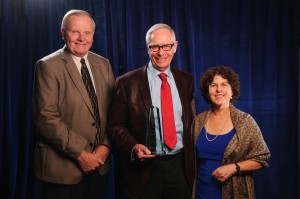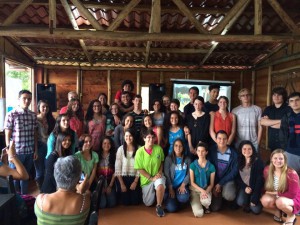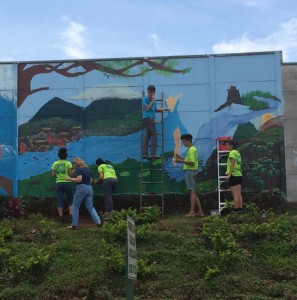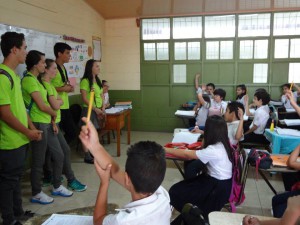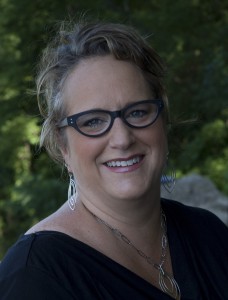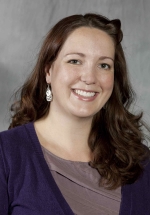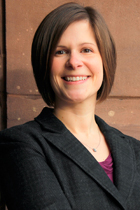American Indians have a long tradition of entrepreneurship, and for the past five years the Institute on Community Integration (ICI) has partnered with Fond du Lac Tribal and Community College (FDLTCC) and the Fond du Lac reservation in Cloquet, Minnesota, to build on this tradition with today’s youth. Through a summer program titled The Young American Indian Entrepreneur (YAIE) Academy, American Indian high school students from northeastern Minnesota have had the opportunity to pursue entrepreneurial interests, and grow as individuals.
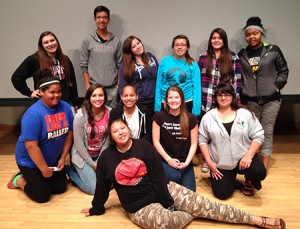 The YAIE Academy provides an intensive, six-day residential academic- and activity-based program for 15 American Indian students entering grades 11 and 12 to learn the “ins and outs” of becoming an entrepreneur. (See some of this year’s students in the photo.) Students are usually from northeastern Minnesota, and the academy takes place at FDLTCC. Activities are based on the Young American Indian Entrepreneur, a curriculum that ICI co-published with FDLTCC in 2010. Students give presentations as they develop creative ideas for small businesses, work in teams to create potential products, and visit local Native entrepreneurs at their businesses. Business-like behavior is expected from students: timeliness, appropriate dress, preparation before class, asking thought-provoking questions of guest business men and women, attentiveness when auditing college classes, and learning the importance of teamwork and giving encouragement to peers. The week culminates with each student presenting a three-minute “elevator pitch” on his or her small business idea to faculty, parents, staff, and judges. FDLTCC faculty, administrators, and staff are mentors, teachers, and judges, and FDLTCC students, many of whom are business majors, act as dorm monitors and support-staff for the academy participants. Over the years, community members have also become mentors and presenters.
The YAIE Academy provides an intensive, six-day residential academic- and activity-based program for 15 American Indian students entering grades 11 and 12 to learn the “ins and outs” of becoming an entrepreneur. (See some of this year’s students in the photo.) Students are usually from northeastern Minnesota, and the academy takes place at FDLTCC. Activities are based on the Young American Indian Entrepreneur, a curriculum that ICI co-published with FDLTCC in 2010. Students give presentations as they develop creative ideas for small businesses, work in teams to create potential products, and visit local Native entrepreneurs at their businesses. Business-like behavior is expected from students: timeliness, appropriate dress, preparation before class, asking thought-provoking questions of guest business men and women, attentiveness when auditing college classes, and learning the importance of teamwork and giving encouragement to peers. The week culminates with each student presenting a three-minute “elevator pitch” on his or her small business idea to faculty, parents, staff, and judges. FDLTCC faculty, administrators, and staff are mentors, teachers, and judges, and FDLTCC students, many of whom are business majors, act as dorm monitors and support-staff for the academy participants. Over the years, community members have also become mentors and presenters.
“We have created a strong program,” says the project’s director at ICI, Jean Ness. “The daily schedule runs from 8 a.m. to 10 p.m., with later evening time for journal writing and class preparation. By the end of the week, students are exhausted, but proud of their accomplishments.” She also adds, “It’s inspiring to watch the students as they begin crafting their ideas of businesses that stem from their passions and interests. But, the Academy is about much more than entrepreneurship. Youth learn self-confidence, cultural awareness, self-advocacy, teamwork, career awareness, and how to use their strengths to support themselves. I often see timid students arrive on Sunday night and by Friday afternoon they are prepared to present their elevator pitch to a crowd of 100 or more. Several students apply to return year after year.”
This summer marks the sixth, and possibly final, summer of the academy. It has been funded as part of a Title III Project from the U.S. Department of Education, Office of Postsecondary Education. “Unfortunately, Title III funding for the Academy is ending, and unless a sponsor comes forward this will be our last summer,” says Ness.
American Indian students currently entering their junior or senior year of high school may still apply for the Summer 2014 Academy by contacting Suzan Desmond at suzan@fdltcc.edu or 218-879-0701 by May 24 and requesting an application packet. FFI on the program, contact Jean Ness at nessx008@umn.edu or 612-625-5322.
